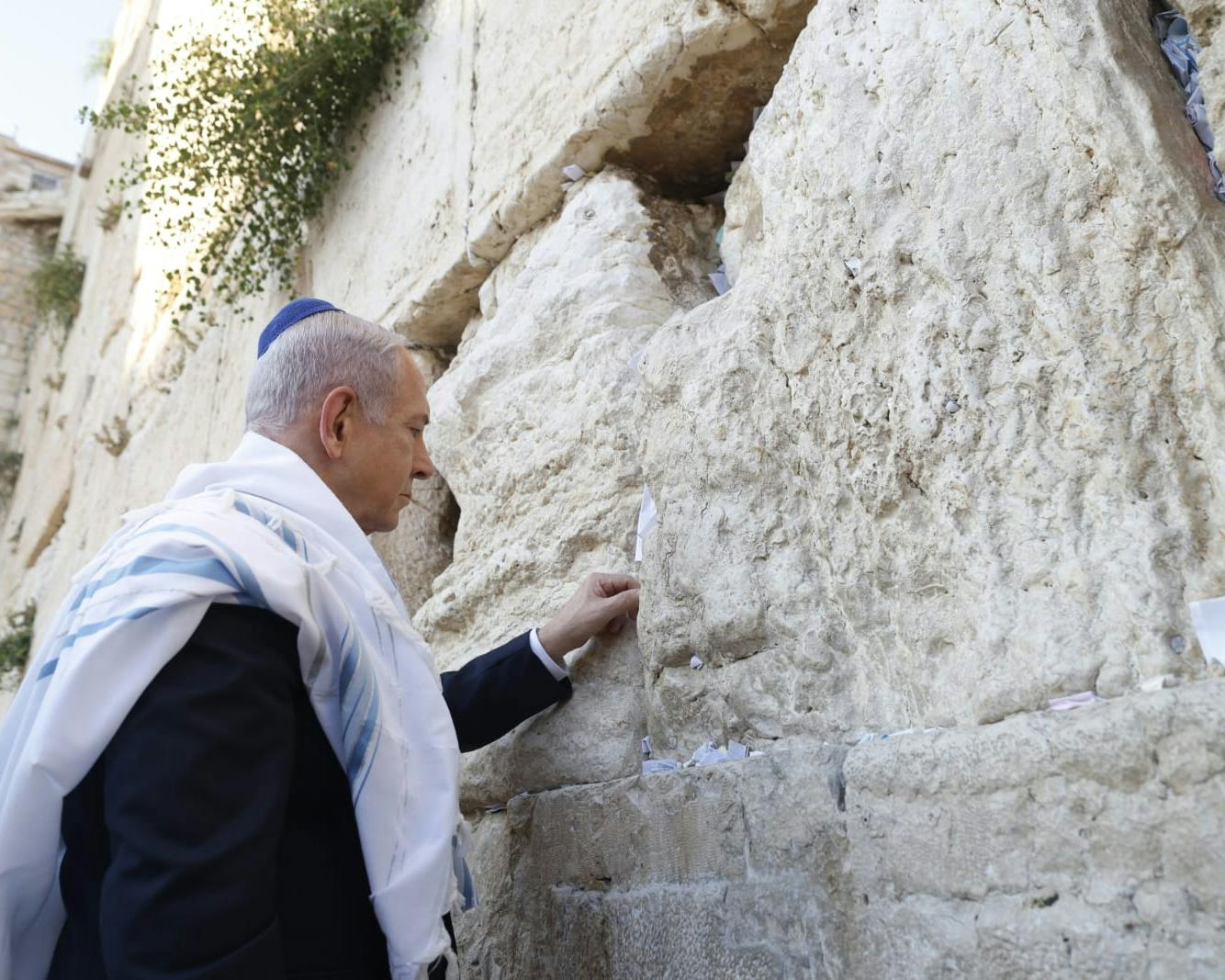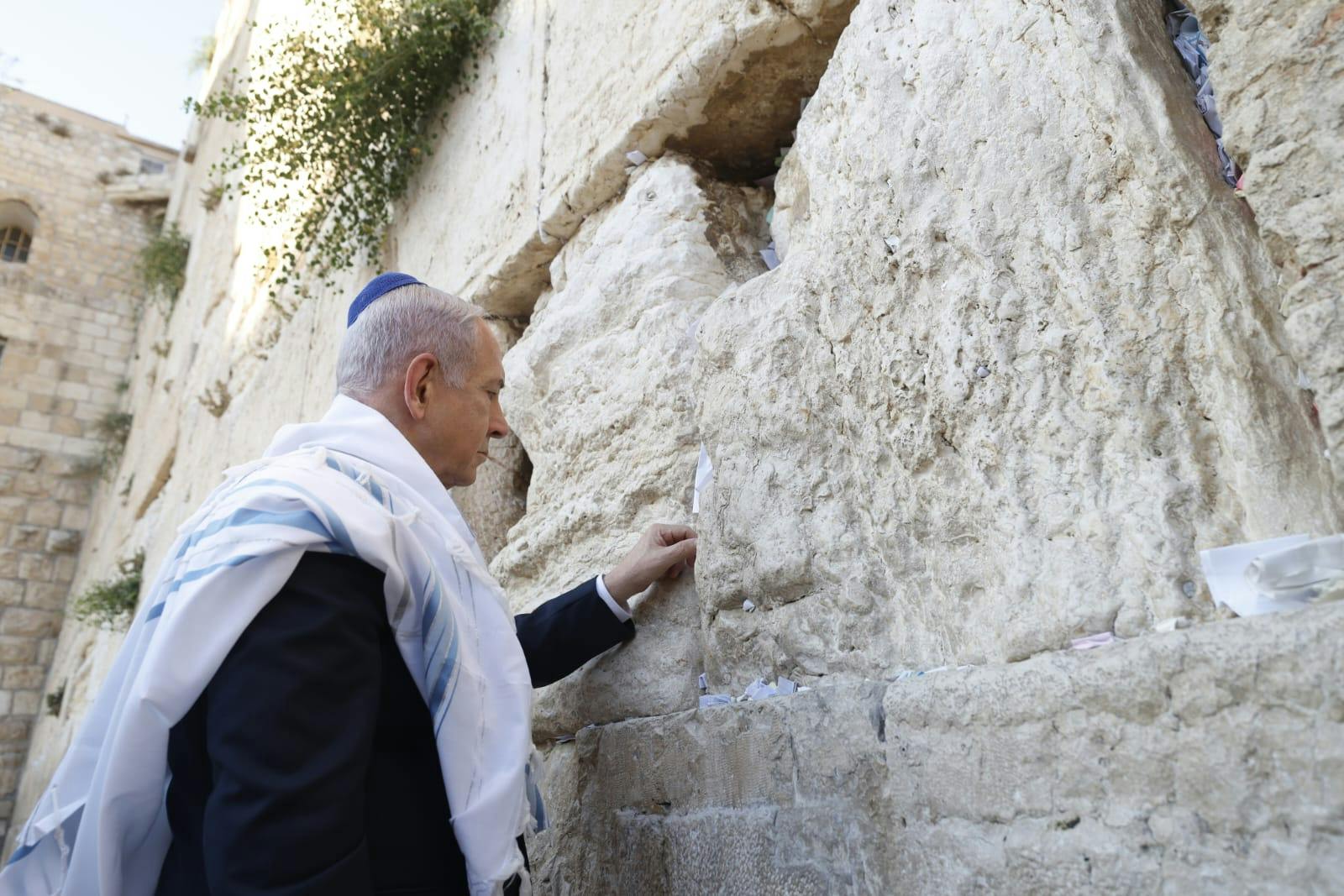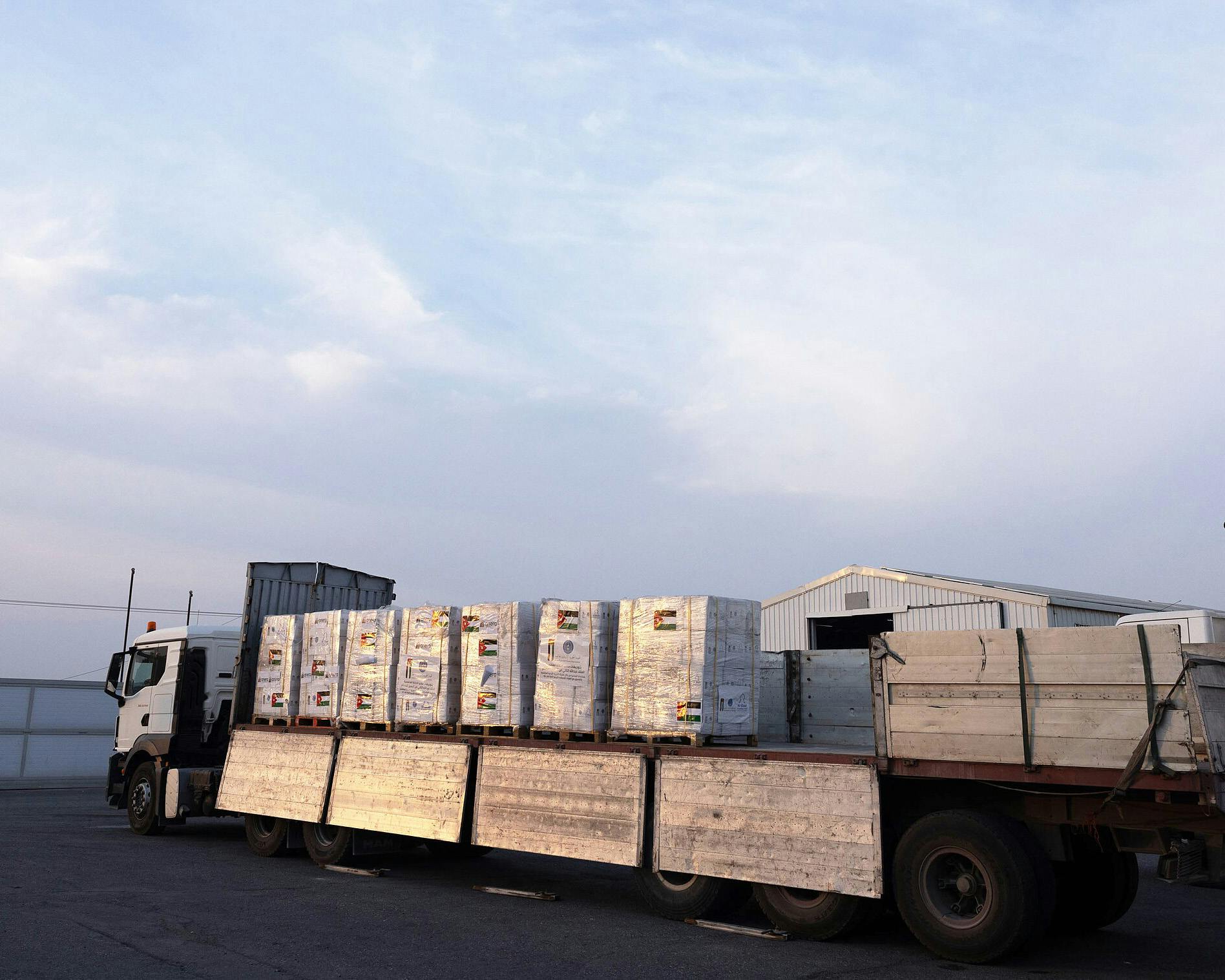Israel Strikes Iran’s Nuclear Facilities: Tehran Launches Drone Retaliation

Jerusalem, June 13, 2025 —Israel launched a large-scale preemptive strike on Iran’s nuclear and military infrastructure overnight, prompting Tehran to retaliate with over 100 drones heading toward Israeli territory. The operation, named “Operation Rising Lion,” targeted key Iranian facilities, aiming to cripple Tehran’s nuclear ambitions and military capabilities, according to the Israel Defense Forces (IDF).

The strikes began around 3 a.m. local time, with Israeli warplanes targeting Iran’s main uranium enrichment facility at Natanz, missile production sites, and military installations. Israel’s defense minister confirmed the operation was a direct response to intelligence indicating Iran was nearing a nuclear weapons breakthrough, having rejected a US proposal to halt uranium enrichment. The strikes aimed to disrupt Iran’s nuclear program, which is an existential threat to Israel, Europe, and the Middle East, and to degrade Iran’s ability to retaliate by targeting their air and missile systems.
Iranian state television reported significant casualties, including General Hossein Salami, commander of the Islamic Revolutionary Guard Corps (IRGC), and Major General Mohammad Bagheri, Iran’s armed forces chief of staff, as well as several high-ranking nuclear scientists.
In response, Iran launched over 100 drones, likely including Shahed-136 models, toward Israel. IDF spokesperson Brigadier General Effie Defrin stated that the drones would take hours to reach Israeli airspace due to the distance, with Israel’s air defense systems, including Iron Dome and Arrow 3, on high alert to intercept them. The drone attack is expected to impact Israeli airspace between 10.30 am and 11.30 am local time
The operation follows previous Israeli strikes in October 2024, which weakened Iran’s missile production and air defenses, perhaps providing a strategic opportunity for “Operation Rising Lion.” There are numerous reports of explosions near Tehran and damage to nuclear facilities at Fordow. Iran’s Supreme Leader Ayatollah Ali Khamenei condemned the attack as “cowardly” and promised a severe response, while the IRGC warned that Israel and its ally, the United States, would face consequences. Iran’s foreign ministry called the strikes a violation of international law but emphasized a desire to avoid further escalation.
International reactions are mixed. Saudi Arabia condemned Israel’s actions as a breach of Iran’s sovereignty, while U.S. President Donald Trump expressed support for preventing Iran from acquiring nuclear weapons but also urged a return to diplomacy. US Secretary of State Marco Rubio clarified that the US was informed of Israel’s plans but did not participate, viewing the operation as a legitimate act of self-defense. The strikes could force Iran to reassess its nuclear strategy, though analysts are expecting further retaliation through missile and drone strikes, proxy group attacks from groups like Hezbollah, as well as cyberattacks.
As Israel monitors the incoming Iranian drones, the IDF has declared a national state of emergency, urging citizens to remain vigilant. No comprehensive damage assessment from Iran has been released, and Tehran’s restrained public response suggests internal deliberations. The operation, the largest against Iran since the Iran-Iraq War, underscores the volatility of the situation, with the risk of further escalation looming.
Watch and pray!
(Bridges for Peace, June 13, 2025)
Related Resources

Discover Your Purpose and God’s Heart For You
In today's divided, turbulent world, it's essential for the Church to rediscover God's heart. Our free e-book, authored by a seasoned expert with three decades of experience in Israel, delves deep into the teachings of Jesus (Yeshua) to reveal God’s principles of love and purpose. Learn how embracing these truths can bring significance and impact to your life, even amidst chaos. Subscribe now to receive your free copy and embark on a journey of transformation.




